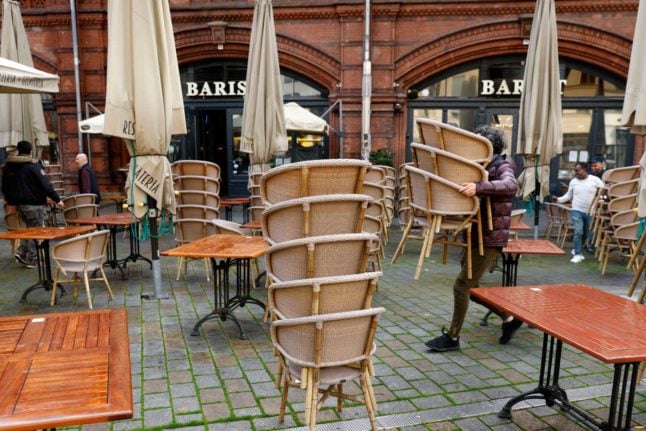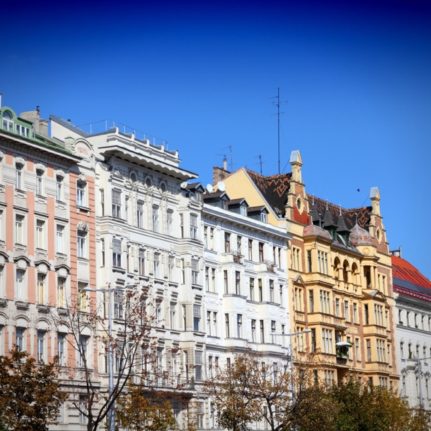Outdoor dining plan thrown into doubt by rise in intensive care cases
Austria’s planned further openings, including outdoor dining openings on 27th March are looking increasingly unlikely, according to Der Standard newspaper.
Coronavirus infections are rising rapidly and the number of intensive care beds occupied by corona cases has increased by 20 percent in one week.
Health Minister Rudolf Anschober has said he is “alarmed” by the latest figures the newspaper reports.
On Thursday, 2,324 new infections were registered in 24 hours. Planned opening steps in Easter will be decided on 15th March.
Vienna’s City Councillor says opening plan is “realistic”
However, Vienna Health City Councillor Peter Hacker told broadcaster ORF that opening outdoor dining areas in Vienna on March 27th was “quite realistic”.
He proposes making Vienna’s Stadtpark into a giant outdoor eating area.
Coronavirus infections on the rise
The 7-day incidence or number of new infections with the coronavirus in the past seven days per 100,000 inhabitants, has increased.
According to the Agency for Health and Food Safety (AGES), it is 169 as of Thursday. The number is highest in Salzburg (223), Lower Austria (206.4) and Burgenland (205.1).
The value is still lowest in Vorarlberg (76.5) and Tyrol (114.4).
MAPS: Where are Austria’s coronavirus hotspots?
Exit controls in Carinthia
Exit controls are being introduced for the Carinthian district of Hermagor, which is currently particularly affected by the British coronavirus variant (B.1.1.7), with a seven-day incidence of 670.
From Tuesday, proof of a negative corona test taken in the previous 48 hours or coronavirus infection from the past six months will be required to leave the area.
Police will carry out controls at seven checkpoints. Schoolchildren will switch to distance learning.
Austria, Israel and Denmark plan joint vaccine production
Austria, Israel and Denmark want to join forces in vaccine production following a vaccination summit in Israel, which some European commentators saw as a signal that the EU’s cohesion in the fight against the pandemic is cracking.
READ: Austria and Denmark chided by EU ally over Israel vaccine plan
The heads of government agreed on a joint research foundation, initially endowed with 50 million euros to fund vaccine development projects, Der Standard reports.
Chancellor Sebastian Kurz says other states including EU members have already expressed interest in joining the cooperation. The Brilife vaccine, made in Israel, should hit the market next summer.
Curevac vaccine to be manufactured in Austria
Biotech company Curevac will receive support from Novartis in the production of its Covid-19 vaccine.
Novartis will start manufacturing the vaccine in its Kundl plant in Austria in the second quarter, with the first doses expected to be delivered from the summer, according to German newspaper Handelsblatt.



 Please whitelist us to continue reading.
Please whitelist us to continue reading.
Member comments